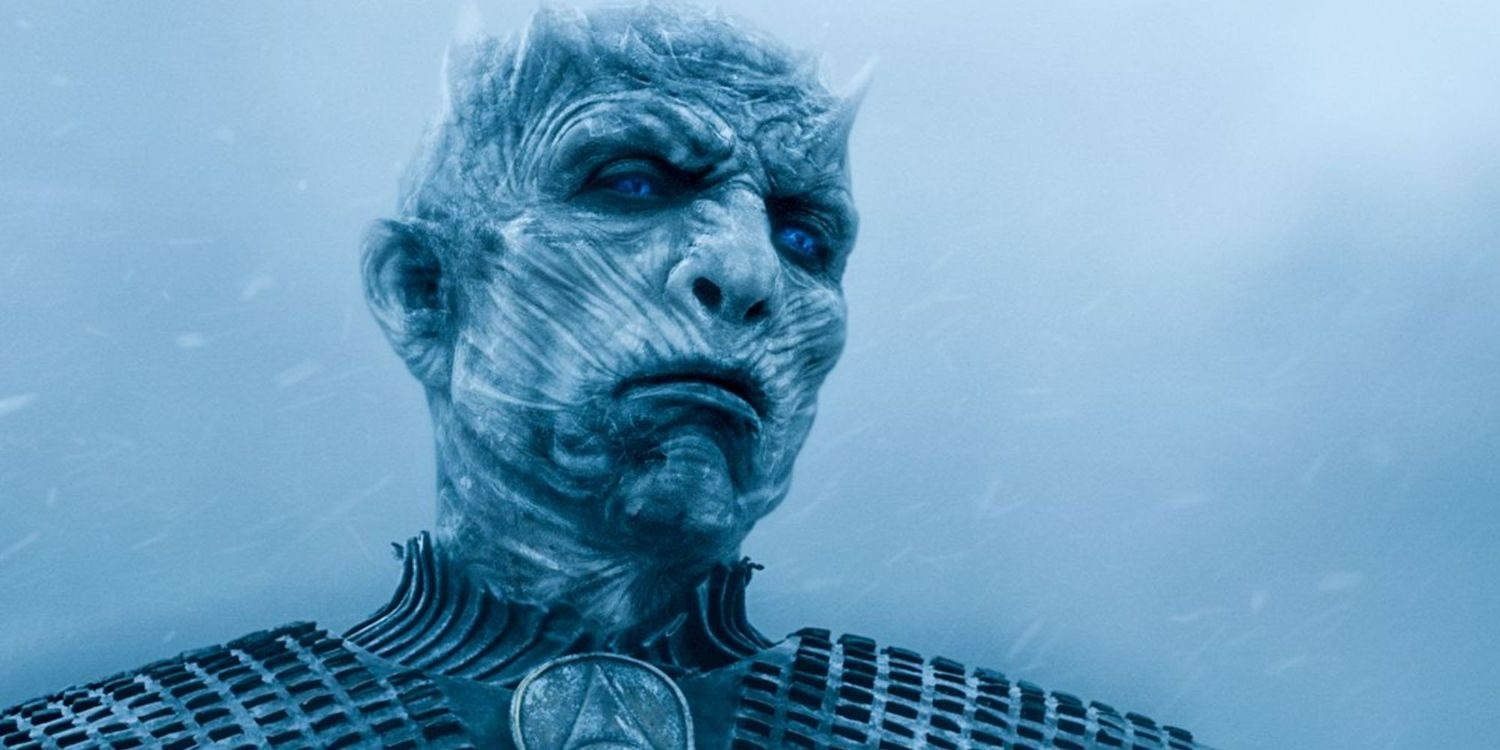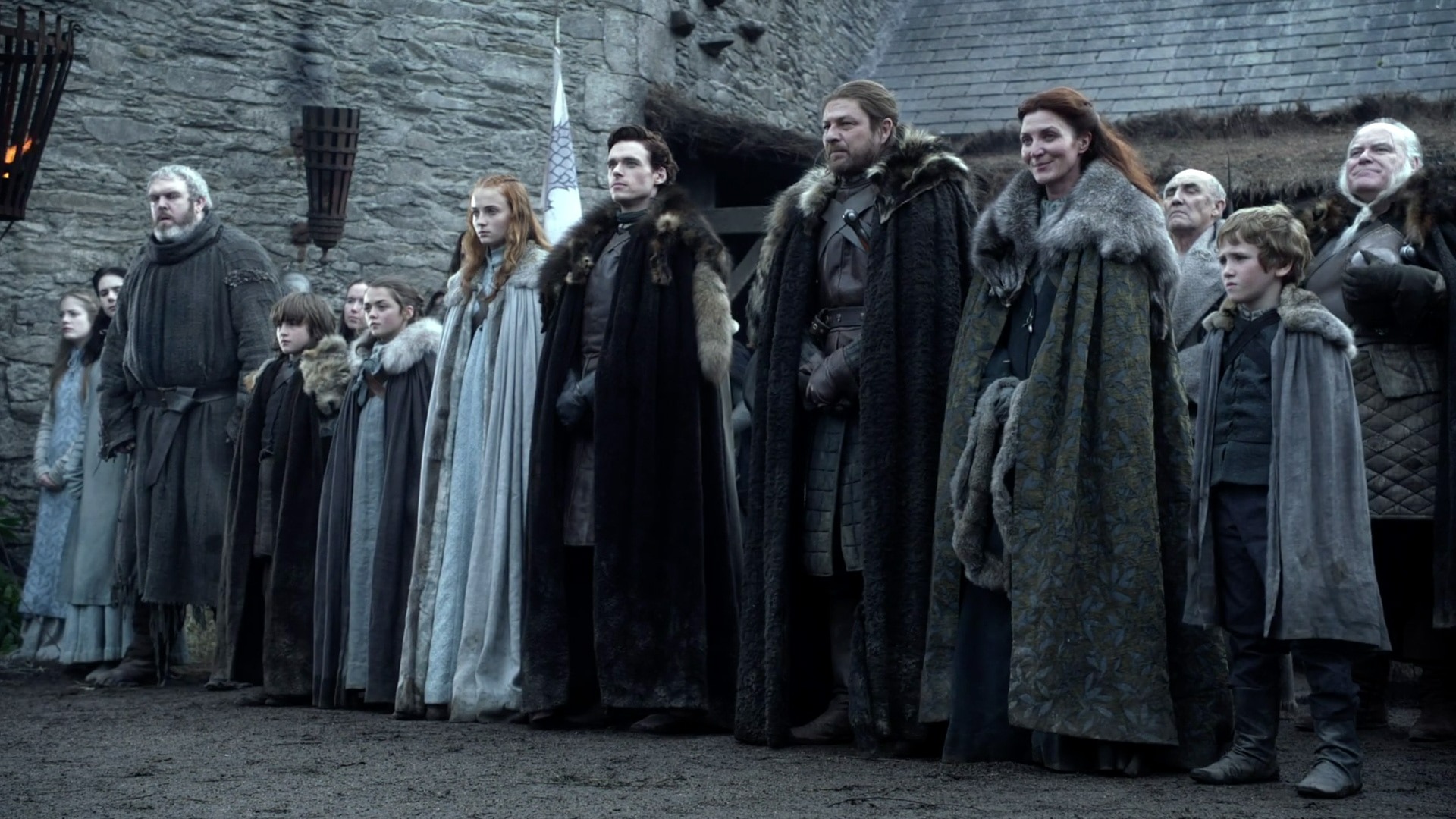In the epic saga of “Game of Thrones,” few phrases resonated more deeply with fans than “Winter is coming.” This ominous proclamation heralded the impending arrival of the White Walkers, a supernatural force poised to wreak havoc on the people of Westeros. However, what could have been an epic showdown with a formidable antagonist ultimately left viewers disappointed, as the show failed to capitalize on the potential of the White Walkers.
- ‘Pretty Little Liars’ Alternate Ending Would’ve Left This Character’s Fate up in the Air
- Rick’s Gnarliest ‘Walking Dead’ Moment Is More Shocking Than You Remember
- ‘Gen V’s Best Character Is More Than Just a Supe Sidekick
- The Character We Missed the Most in ‘Sex Education’ Season 4
- Does ‘The Mandalorian’ Season 3 Finale Have an End-Credits Scene?
From the very beginning, the White Walkers were built up as the ultimate indestructible threat. Their presence added a crucial layer of tension to the intricate web of politics and power struggles in Westeros. But when the much-anticipated battle between the living and the dead finally arrived, it turned out to be one of the most underwhelming moments in television history.
see more : ‘Yellowstone’ Shouldn’t Have Killed Off Lee Dutton So Early
One of the most glaring shortcomings was the lack of lasting impact on the characters. Facing an existential threat as colossal as the White Walkers should have left a profound mark on the characters. It was an opportunity for deep character development, a chance to explore the psychological aftermath of confronting a supernatural horror beyond comprehension. However, the show squandered this rich potential, and the characters seemed to forget about the White Walkers as soon as they were defeated. There were no lingering questions or reflections on the ordeal, as if it were just a minor inconvenience, quickly brushed aside.
Moreover, from a storytelling perspective, the White Walkers had a negligible impact on the ultimate outcome of the series. While there were character deaths during the battle, they lacked emotional resonance, feeling predictable and contrived. These deaths appeared more as a convenient way for the showrunners to tidy up loose ends than as significant narrative moments.
What truly sets apart great villains in “Game of Thrones” was their complex motivations. Characters like Ramsay Bolton and Cersei Lannister, while despicable, had believable reasons behind their actions. In contrast, the Night King, leader of the White Walkers, appeared evil for the sake of driving the plot forward. His motivations remained obscure, leaving viewers without a compelling reason to either hate or sympathize with him.
see more : The Confusion Around ‘Ted Lasso’ Season 4 Is Hurting the Show’s Legacy
Initially, the Night King was shrouded in mystery, intensifying the dread surrounding his character. But as the show progressed, it abandoned his character development, and the audience was left without any emotional connection to the antagonist. When the Night King met his end, it lacked the satisfaction of seeing a well-defined villain’s demise.
Furthermore, the White Walkers were quickly forgotten after their defeat, and the show failed to explore intriguing consequences or alternative conclusions that could have emerged from their presence. Disappointed fans have offered creative alternatives, suggesting scenarios where the White Walkers could have won battles or negotiated peace.
In hindsight, it is evident that the show set unrealistic expectations for the White Walker storyline. Crafting a satisfying conclusion may have been challenging, but the real issue lies in the show’s failure to even attempt one. “Game of Thrones” had the opportunity to create a legendary villain in the White Walkers, but it ultimately became a missed opportunity for epic storytelling.
As fans continue to reflect on the series, the legacy of the White Walkers serves as a reminder of the importance of fully developing complex antagonists and delivering satisfying resolutions to their narratives. In the world of Westeros, where political intrigue and personal vendettas abound, the White Walkers could have been a timeless symbol of supernatural menace, but their potential was left untapped.
Source: https://dominioncinemas.net
Category: TV FEATURES











